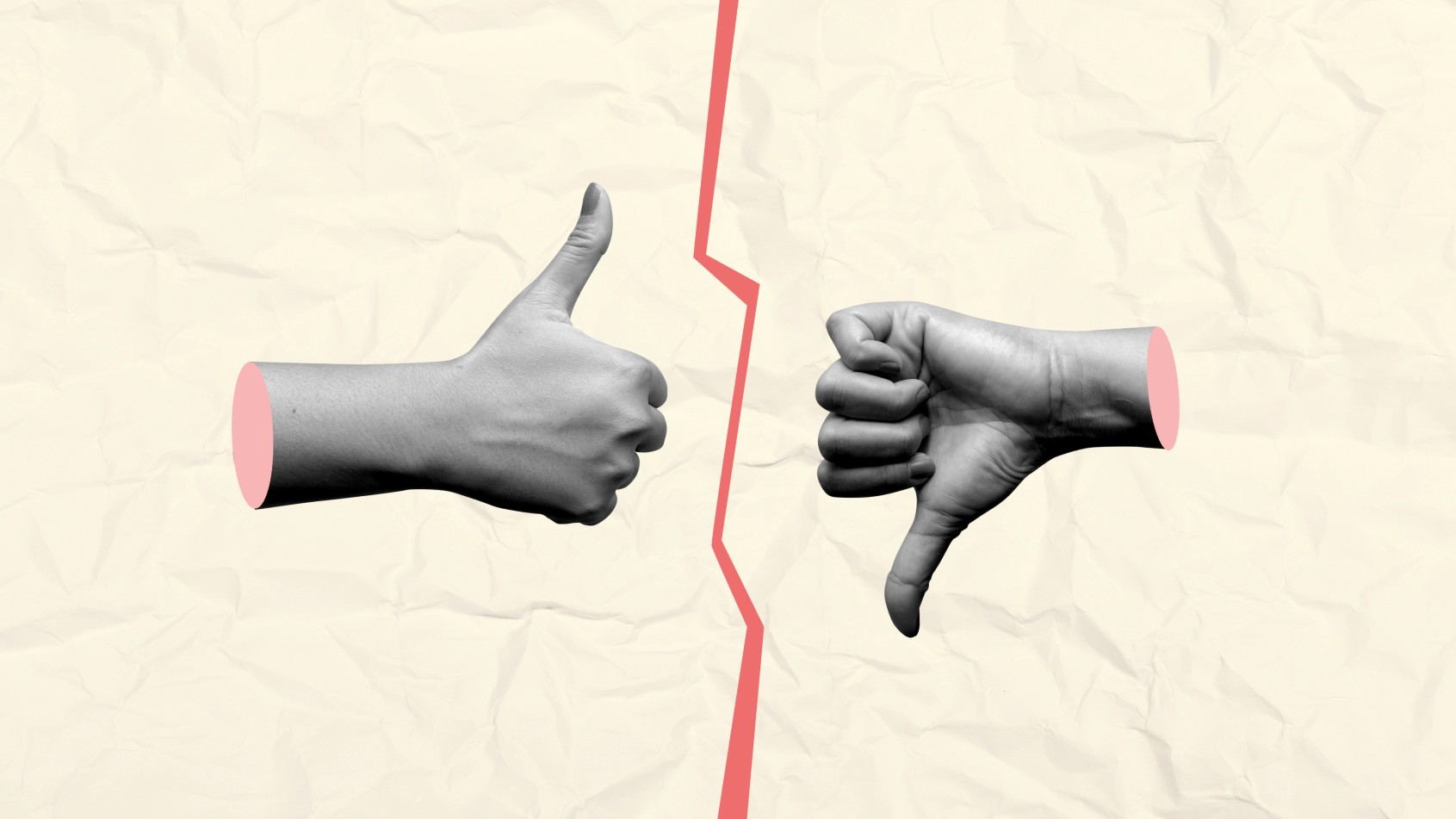Holding secrets can negatively impact your well-being. But how, exactly? For decades, psychological research suggested that people experience significant stress while hiding secrets from others during social interactions.
But this explanation often doesn’t feel right to people, notes Michael Slepian, an associate professor at Columbia Business School who has spent years studying the nature of secrets. Surveys suggest that it’s actually pretty rare for people to find themselves in social situations where they have to actively conceal a secret they’ve never told anyone about.
In other words, the average experience of concealing a secret turns out to be easy. So, how are secrets harming us?
MICHAEL SLEPIAN: Before my research, the idea of how our secrets hurt us was very simple: For decades and decades, psychologists have said that the reason secrets harm our health and well-being is because of the stress of hiding something during a social interaction. But, often when people hear this conclusion from the research, they say it doesn't sound right, it doesn't jive with their experience. First of all, those situations don't look like anything like in the real world. In those situations, the person is asked to conceal a secret, and the other person in the room was instructed to ask questions directly related to the secret. That turns out to not be a common situation. When I ask people about secrets they've never told anyone about, and how often they've had to conceal them, they say that they've only had to conceal them about two times on average of the past month. But when I ask, "How many times has someone asked you about this secret?" They'll say about once in the past month. Meaning, half the time we're concealing a secret, nobody asked us a question about it at all. And so, the reason why concealing a secret in a social interaction is not as stressful as we've long imagined, is that the average experience of concealing a secret is an easy one. When you're concealing a secret, it's actually this useful situation because you just carefully attend to what you're saying, and how the other person is responding.
During the midst of a concealment episode, you don't have the bandwidth or the time to think about all the ways in which a secret hurts you. And so, what we've learned from 10 years of my research is that, actually, the hard part of having a secret is not that we have to hide it, it's that we have to live with it alone in our thoughts. And when you're alone in your thoughts, your mind can go to more harmful places. When we ask people about their most pressing secret, they'll say that they definitely think about that secret about 20 times in a week if not more. And if you have a secret that's upsetting you or you're not sure what to do, the one clear recommendation I can give is talk to someone else about that secret. You don't have to reveal it to the person you're keeping it from, but talking about it with someone else can make the world of difference.
When we keep a secret, we're often trying to protect something. Maybe we're trying to protect ourselves or what other people think of us. But, when we hold back from other people, it's not always protecting it. Our secrets can hurt our relationships, our health, and our well-being in so many ways- but we don't have to be alone in our thoughts. Our secrets don't have to hurt us, and once we understand them better, we can understand how to better cope with them- which ones we might be better off revealing, and, essentially, just how to move forward.
NARRATOR: Get smarter, faster with videos from the world's biggest thinkers. And to learn even more from the world's biggest thinkers, get Big Think+ for your business.







